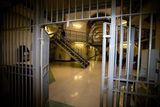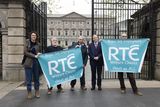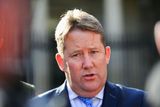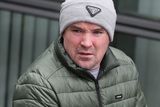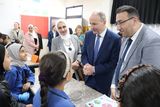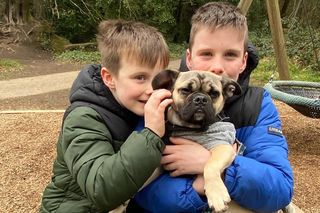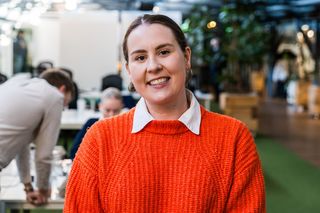My views on gay marriage have now changed - Coveney
Minister Simon Coveney
"I HOPE I will be able to help people make the journey I have made over the last 10 years," Agriculture Minister Simon Coveney said yesterday.
He was commenting on his role as Fine Gael director leading a campaign for a 'Yes' in the referendum on gay marriage on May 22 next.
Mr Coveney acknowledged that his choice for the job was an attempt to address traditionally conservative sectors - farming, marine and defence - which are his areas of responsibilities as minister.
Mr Coveney, who is married with three children, said all of his life's experiences had led him to support marriage as something reserved for the traditional family of father and mother with children.
"I grew up in an almost perfect family, lots of brothers and a sister, with very supportive parents. I wanted for nothing really," he told the Irish Independent.
He added that he had always supported equal treatment on things like tax, welfare and pensions, for gay couples, and thus felt civil partnership was the appropriate recognition for them.
But his years as a public representative brought him into contact with people's complex lives, with all kinds of different family structures, which involved children with same-sex parents, unmarried parents and others.
"I concluded that the role of the State should be about strengthening and supporting solid loving relationships. It really is as simple as that," he said, explaining how his views on gay marriage had changed.
Mr Coveney said that the State will continue to support marriage as the key institution which supports the family.
"We are about extending marriage to a new group of people who for all sorts of reasons were locked out of it to date," he said.
The Agriculture Minister also conceded it will be "a challenge" to get Fine Gael TDs and senators to move beyond quiet support for the referendum and actively campaign.
But he said this is also an opportunity for Fine Gael to revive the social idealism of the 1980s under Garret FitzGerald, the "Just Society" policy era of 1960s, and a chance to appeal to voters beyond the party's traditional support base.
Difficult
He said it will be a "difficult campaign" and, while he believed the 'Yes' side will win, the final result could be close.
He discounted current opinion polls suggesting eight out of 10 voters support the referendum, saying few people have engaged with the issue.
"I think it's winnable but it will need a very good campaign," he said stressing his personal commitment. "I'll be very upset if we lose - both politically and on a personal level."
Join the Irish Independent WhatsApp channel
Stay up to date with all the latest news
